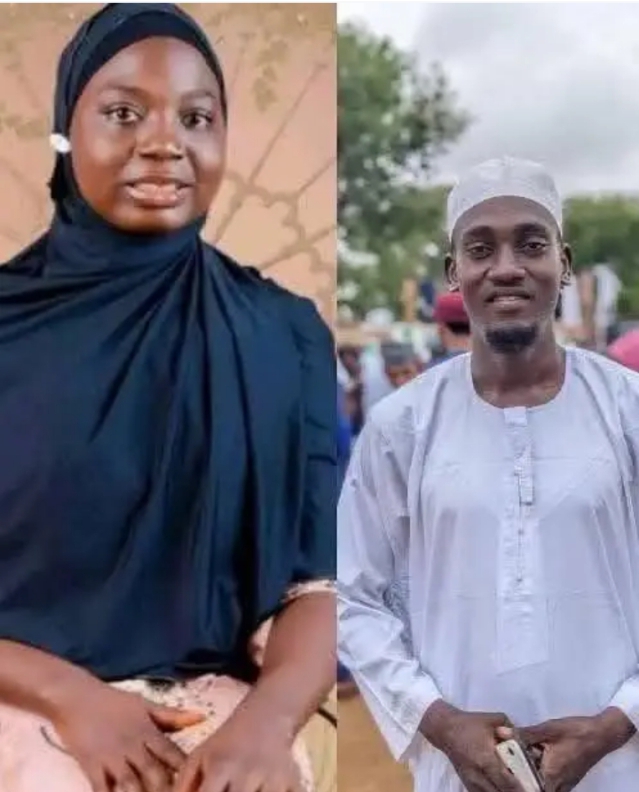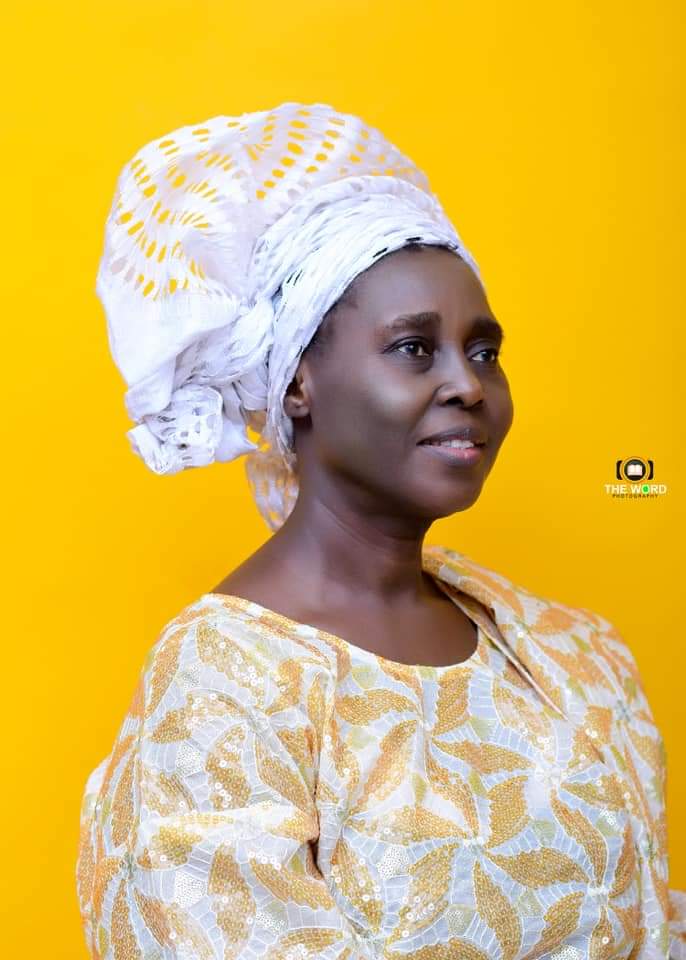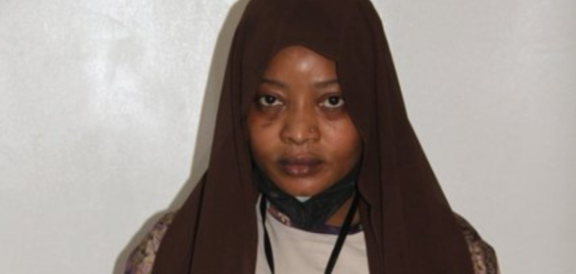An Ilorin-based Islamic cleric, Abdulrahman Bello, was on Thursday sentenced to death by hanging for the gruesome murder and dismemberment of his lover, Hafsat Yetunde Adefalu Lawal, a final-year student of the Kwara State College of Education.
Justice Hannah Ajayi of the Kwara State High Court delivered the verdict, describing Bello’s actions as the “highest form of human wickedness.” The court found him guilty of killing the 23-year-old woman in February 2025 at the Olunlade area of Ilorin, under the guise of a romantic relationship initiated via Facebook.
Four other co-defendants — Ahmed Abdulwasiu, Suleiman Muhydeen, Jamiu Uthman, and Abdulrahman Jamiu — who were tried alongside Bello on a five-count charge, were discharged and acquitted for lack of evidence.
In her judgment, Justice Ajayi held that Bello’s defence was a deliberate attempt to mislead the court, calling his claim of intending to marry the victim a “fabricated lie.” She said the evidence presented — including a ritual book found in his apartment — pointed to a premeditated killing for money rituals.
She further noted that Bello’s conduct before his arrest suggested he may have committed similar crimes in the past. The court accepted video and written confessions obtained by law enforcement officers, ruling that they were lawfully secured and free of coercion.
While Bello was acquitted on the charge of rape, he was found guilty of unlawful possession of human parts and human blood. For these charges, he was sentenced to 10 years’ imprisonment with an option of a ₦100,000 fine or six months in jail. However, the murder conviction carries a mandatory death sentence.
The case, which drew widespread attention across Kwara State and beyond, highlighted the dangers of unmonitored social media interactions. Justice Ajayi used the opportunity to caution young people about the risks of engaging with strangers online. She noted that Hafsat might have been saved if she had informed trusted persons before meeting Bello.
The charges against the defendants stemmed from allegations that they conspired to kill Hafsat, dismember her body, and use her parts and blood for ritual purposes. The charges were brought under sections of the Penal Code and the Kwara State Prohibition of Dealing in Human Parts Law (2018).
In reaction to the judgment, the Emir of Ilorin and Chairman of the Kwara State Traditional Rulers Council, Mai-Martaba Alhaji (Dr) Ibrahim Sulu-Gambari, commended the judiciary for delivering justice.
In a statement issued by his spokesman, Dr. Abdulazeez Arowona, the Emir described the killing as “one of the greatest evils on earth” and urged parents to monitor their children more closely. “The judgment has further brightened the hope and trust of the people in the judiciary and security agencies,” the Emir said, praying for the repose of the victim’s soul.
The judgment brings a close to one of the state’s most shocking criminal cases in recent years.






